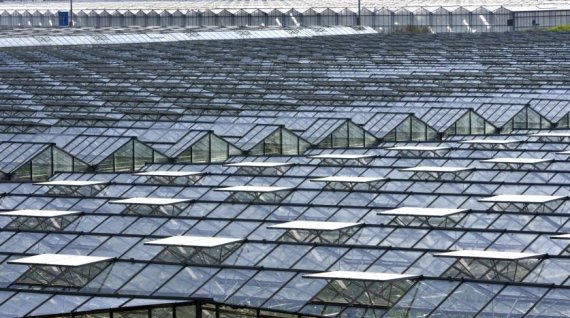This claim is made this month in the Journal of Agricultural and Environmental Ethics by Wageningen philosopher Henk Jochemsen. Together with student Egbert Hardeman, Jochemsen points out that participants in the current agricultural debate put forward ideas based on cultural/philosophical assumptions. A dominant theme running through the debate is the idea that agricultural should be efficient. ‘But what is efficiency? Holstein cows can convert feed into milk very efficiently, but they have been so overbred that they are ‘used up’ after three or four lactations. More robust breeds yield less milk but keep going for eight or more lactations and cost less in feed and veterinary expenses. So which is more efficient?’ Participants in the debate throw facts around selectively, says the professor, who holds an endowed chair in Christian Philosophy. Modern industrial agriculture, which grew up after World War II, has never been properly rooted in its social and ecological context, claims Jochemsen. ‘Goal-oriented agriculture based on industrial models standardizes things, so that the most efficient companies survive. But the local conditions for agriculture vary and are often suboptimal. This leads to costs which are paid by the soil and by the farmer. I say: look at it differently. The best agriculture is adapted to the social and environmental context. Then there can be several different options.’ Jochemsen is not categorically against large-scale agriculture, but he wants to stimulate a discussion about the assumptions underlying industrial agriculture. ‘At the global level there is a fierce battle going on between the supporters of large-scale, industrial agriculture and the proponents of small-scale, ecological farming. Both camps lay claim to the truth but this discussion is not based on facts and reasoning alone. If we want to break through the deadlock we should also put our assumptions and the normative choices they represent on the table.’ Jochemsen is involved in organizing debates on this issue in Wageningen through Studium Generale.
Efficient agriculture passes on costs
According to the dominant ideology, Dutch agriculture needs to become more and more efficient in order to feed the world. As a result the sector remains mired in problems related to local overproduction, loss of biodiversity and soil fertility, and animal welfare and health issues.

